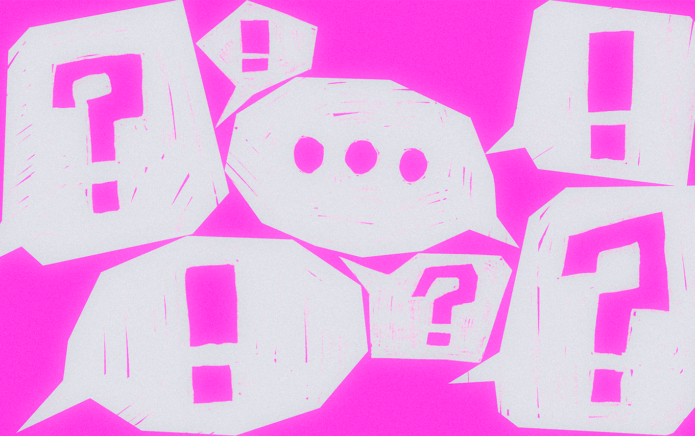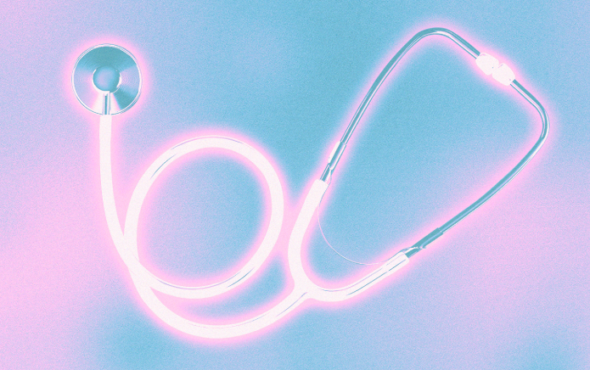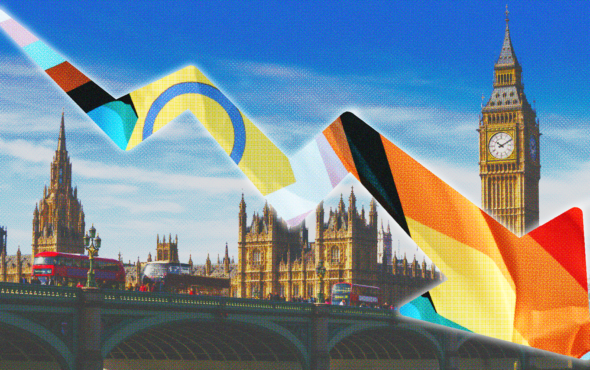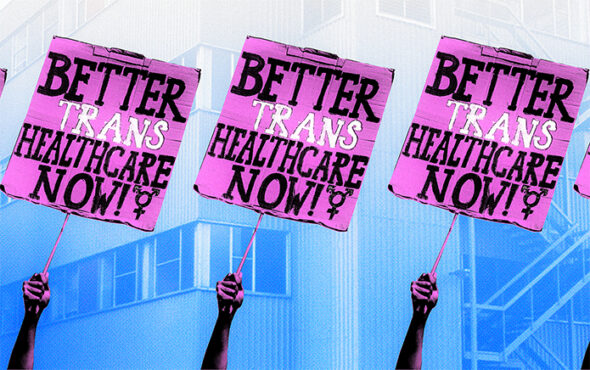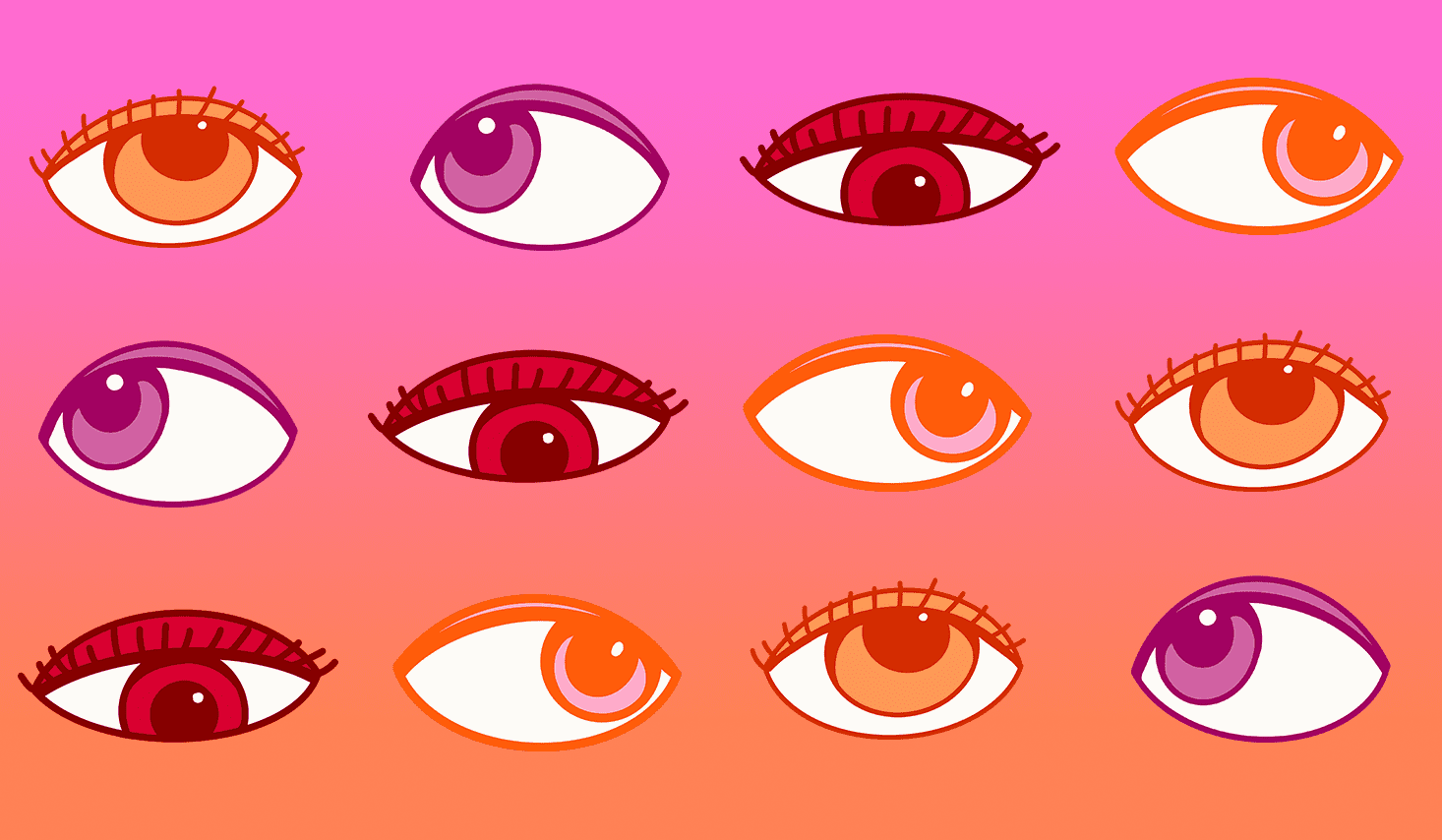
During a week where I should feel most visible, part of me feels invisible. It’s the part of myself that still rejects using the word lesbian to identify myself even though I am happily in love with my girlfriend and am only attracted to women.
I want to celebrate Lesbian Visibility Week but is it really my week to celebrate when I still shudder and feel shame when someone calls me a lesbian?
It’s difficult for me to pinpoint where my internal lesbophobia stemmed from. It probably began unconsciously when I was too young to remember. Maybe my favourite movies had something to do with it, where the princess fell in love with the prince and lived happily ever after and that’s what I dreamed I would have one day because it was presented as the ideal.
Even in the school playground this fairytale would be reinforced when I would play mums and dads with my friends – who were girls. One of us would pretend to be the dad, we’d never play pretend as just two mums.
Primary school is where I started getting fed the narrative that girls should only love boys, and secondary school was where I explicitly heard derogatory terms towards lesbians. I was not alone in that experience – 91% of LGBTQ+ young people have heard negative language about their identities in the past year, according to a 2021 report by Just Like Us, the LGBTQ+ young people’s charity.
More than two thirds (68%) of lesbians say they’ve delayed coming out due to harmful stereotypes about lesbians being ‘man-hating’ and ‘unattractive’, Just Like Us’ latest research has found.
Not only this, but I witnessed the very few lesbians at school get bullied for being a lesbian. Even though I didn’t fully know I was not straight during this time, all this definitely pushed me towards trying to talk to guys and suppress any thoughts and feelings I had towards girls.
Once I left school, I did start to address my feelings towards girls and of course read the notorious lesbian master document that has spread like wildfire, in the hope it would resonate with what I was feeling. Everything I read in it I related to – for example, only liking unattainable males or feminine males – yet I still would not call myself a lesbian.
The media did not do a great job of reassuring me that lesbian relationships were something serious or that could last. I remember getting my hopes up by soap operas for their inclusion of a lesbian couple only for one of them to always end up leaving or dying as part of a dramatic storyline.
Movies – not that there are anywhere near enough lesbian movies out there, especially where a character doesn’t die or end up miserable – didn’t help me much either. Often they left me feeling misled, when the girl always ends up with a guy (cough cough, Pitch Perfect).
Even in music, it’s only recently that I have found more lesbian and queer artists to listen to, like Kehlani and FLETCHER. Yet still this doesn’t stop problematic songs which sexualise lesbian relationships from being released, especially by male artists.
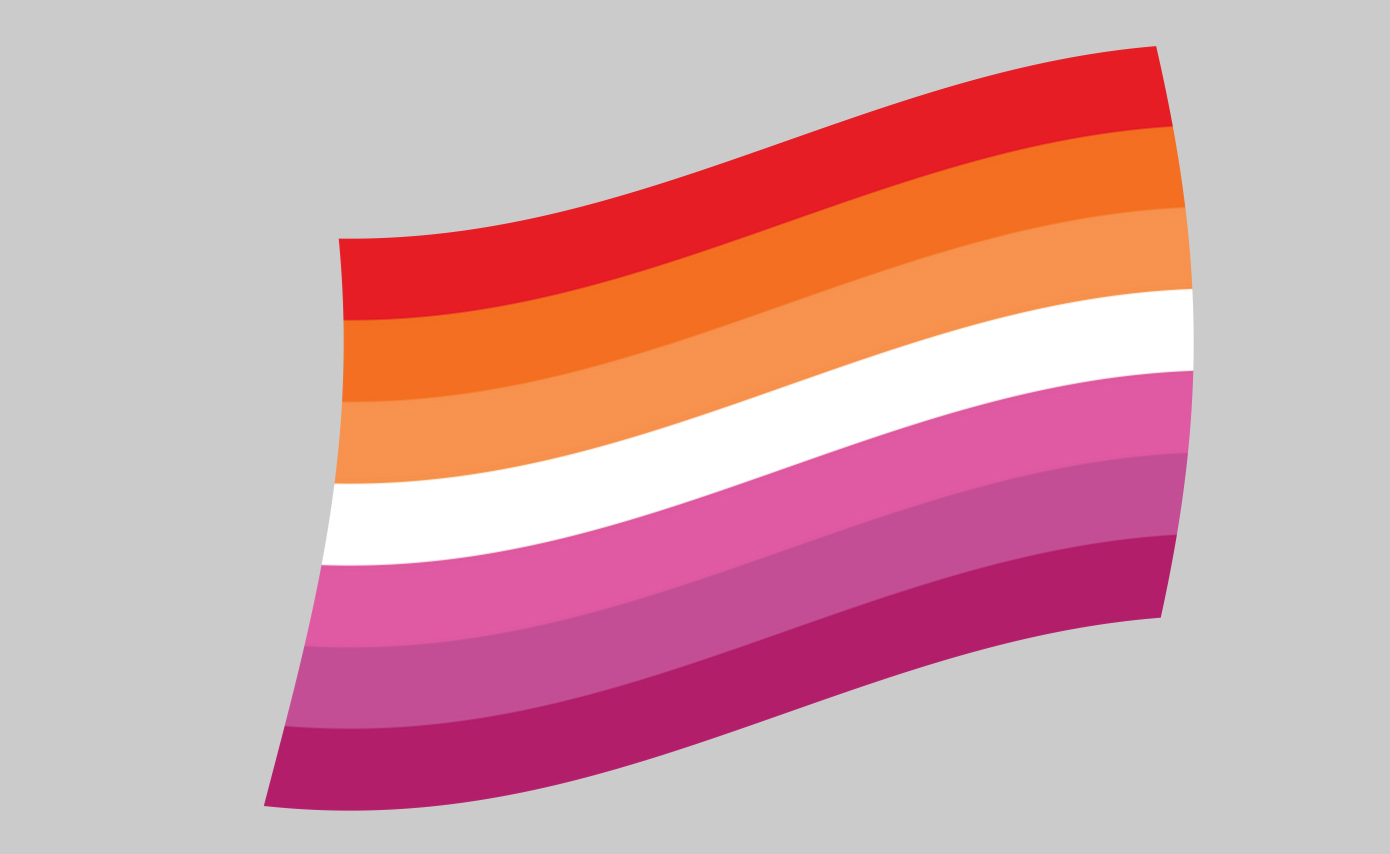
Being exposed to all these negative messages and experiences about lesbianism feels kind of inevitable in our society, but I do feel responsible for not pushing myself to challenge my internalised lesbophobic beliefs. I feel I owe it to myself to embrace my identity in spite of all the nasty things society tells us about lesbians.
But it’s not an easy challenge to take on – I mostly keep these thoughts hidden and though I stand up for other lesbians, I don’t do the same for myself.
Recently I came out to my family and even in that moment, I refrained from using the word lesbian. I suppose shame around the word lesbian left me feeling that I still ‘give them hope’ that I might one day have the traditional wedding that they’ve always pictured me having.
But I realised that I’m not avoiding the word ‘lesbian’ just to give my family hope – I myself am still latching onto any possibility that I get the “fairytale” I imagined as a little girl.
That fairytale didn’t include the never-ending need to disclose my sexuality when introducing my girlfriend to new people (I really don’t want more people assuming we are sisters, thanks). The fairytale I was fed growing up also didn’t include having to face barriers when wanting to start my own family and fearing that our children may be treated differently for having two mums.
But it’s time to release myself from the fairytale – after all, it was someone else’s dream that I was fed.
This Lesbian Visibility Week, I am no longer going to stay invisible and struggle alone with my internalised lesbophobia. It’s time I address it.
I want to challenge the negative connotations that I have absorbed with the word lesbian, which have been holding me back all this time from embracing who I am.
So this week, I’ll be focusing on all the amazing things about being a lesbian – borrowing all my girlfriend’s clothes, looking up to all the inspirational lesbians there are in the world, listening to talented lesbian artists and rewatching some of my favourite TV shows like The Fosters.
I am relearning and reminding myself that we lesbians – yes, I said it – can have our own beautiful and revolutionary fairytale.
Gabriella is a volunteer with Just Like Us, the LGBT+ young people’s charity.
